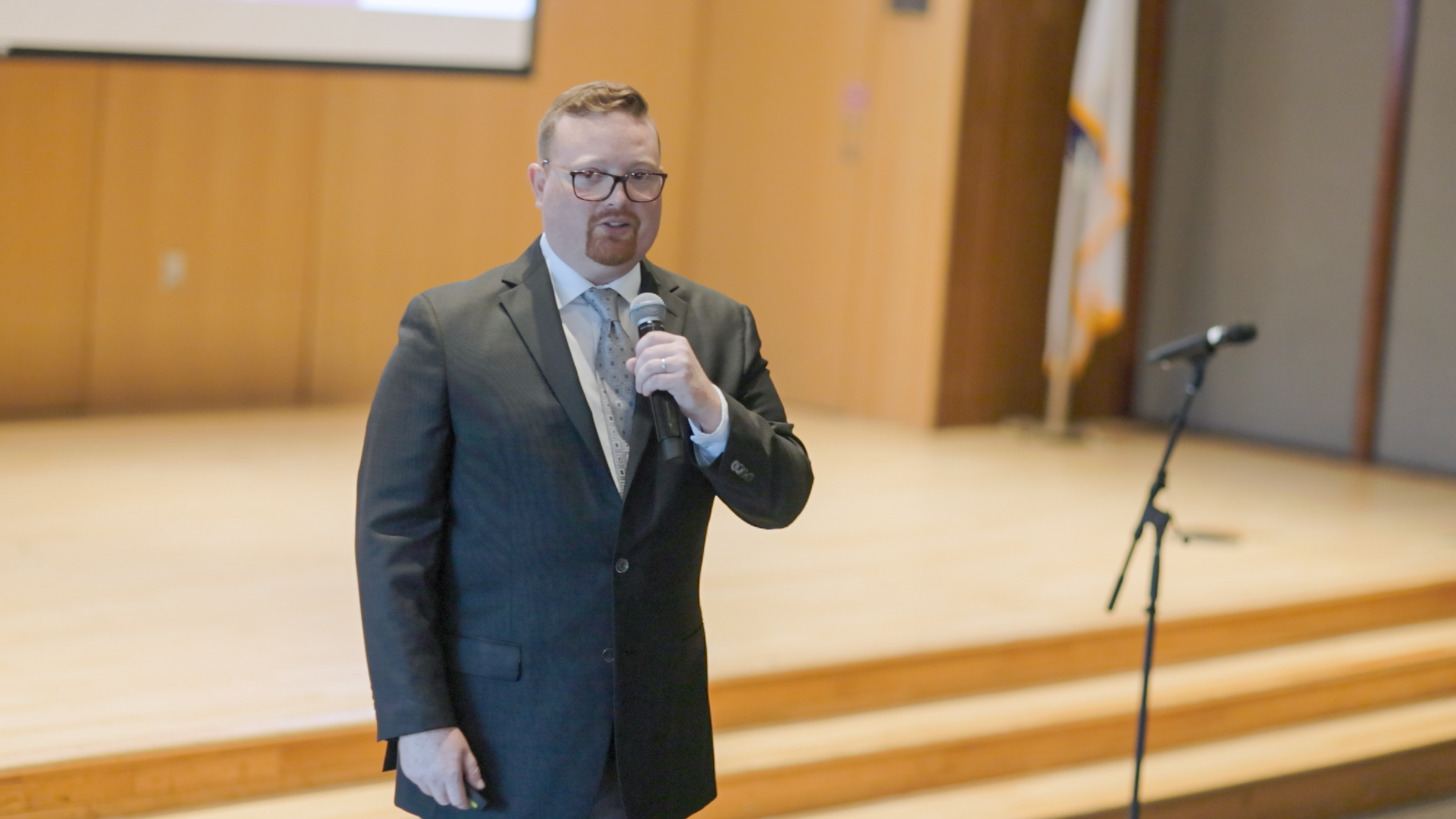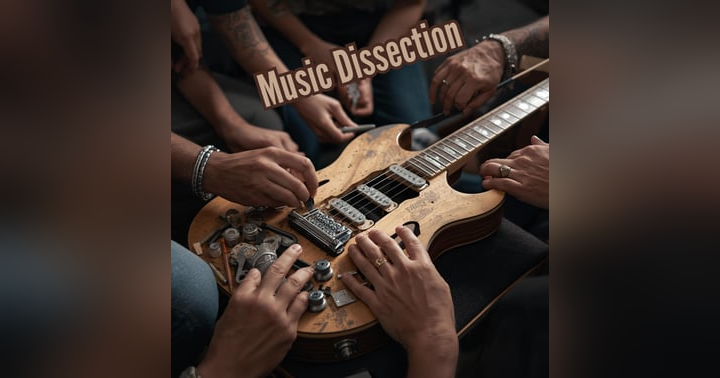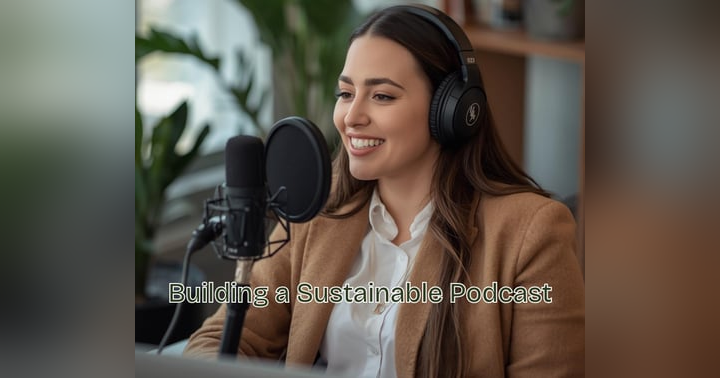
In this post, we're diving deeper into a topic we explored in our latest podcast episode, Matt Paradise on Whole-Health Wealth & Lasting Recovery. We'll be unpacking the vital role that gratitude, community, and purpose play in driving lasting financial change. Our conversation with Matt Paradise highlighted how cultivating these elements can create a positive feedback loop that fuels your financial journey and helps you build a more fulfilling and meaningful life. This blog post serves as an extension of that conversation, providing actionable insights and practical tools to help you integrate these principles into your own life.
The Power of Purpose in Financial Change
Financial change isn't just about numbers; it's about transforming your relationship with money and, more importantly, yourself. Lasting financial change necessitates a shift in mindset and behavior. When you understand *why* you're making financial decisions, the day-to-day tasks become less daunting and more purposeful. This intrinsic motivation is critical for sticking to your goals, especially when faced with challenges.
Meet Matt Paradise: From Adversity to Advocate
Matt Paradise's story is one of remarkable resilience and transformation. Overcoming addiction and homelessness, Matt dedicated two decades to nonprofit credit counseling, eventually founding his own speaking and consulting practice. A cancer survivor, Matt champions a “whole-health wealth” approach, recognizing the critical link between money management, mental, and emotional wellbeing. His experiences provide a powerful example of how adversity can be a catalyst for positive change and how financial stability can be a cornerstone of overall wellbeing.
Whole-Health Wealth: More Than Just Numbers
The concept of "whole-health wealth" extends beyond traditional financial planning. It acknowledges that our financial wellbeing is inextricably linked to our mental, emotional, and physical health. Stress related to finances can lead to poor health outcomes, strained relationships, and decreased overall quality of life. Conversely, prioritizing your overall wellbeing can lead to better financial decisions and a more positive relationship with money. Matt Paradise emphasizes that money is a mental health conversation, not just a mathematical equation.
Gratitude: A Foundation for Financial Well-being
Practicing gratitude can significantly impact your financial life. When you focus on what you have, rather than what you lack, you're less likely to fall into the trap of impulsive spending and comparison. Gratitude shifts your focus from scarcity to abundance, fostering a sense of contentment that reduces the need for external validation through material possessions.
How can you cultivate gratitude in your financial life? Here are a few practical steps:
- Gratitude Journal: Take a few minutes each day to write down things you're grateful for, specifically related to your finances. This could include a steady income, a roof over your head, or the ability to provide for your family.
- Mindful Spending: Before making a purchase, pause and consider whether it aligns with your values and brings you genuine joy. Avoid impulse buys driven by emotional needs.
- Appreciate Experiences: Focus on creating meaningful experiences rather than accumulating material possessions. Memories often provide more lasting satisfaction than fleeting purchases.
- Give Back: Volunteering your time or donating to a cause you care about can foster a sense of gratitude and purpose, further enriching your financial life.
Community: Building a Support System
Financial challenges can feel isolating, but you don't have to go through them alone. Building a strong community can provide emotional support, practical advice, and accountability. Surround yourself with individuals who share your values and encourage your financial goals.
Here are ways to build a supportive financial community:
- Join a Financial Support Group: Online forums or local groups can provide a safe space to share your experiences, ask questions, and learn from others.
- Seek Advice from Trusted Mentors: Identify individuals who have achieved financial success and are willing to share their knowledge and guidance.
- Attend Financial Workshops or Seminars: These events can provide valuable information and networking opportunities.
- Share Your Goals with Loved Ones: Enlist the support of your family and friends to help you stay on track and celebrate your successes.
- Consider a Financial Advisor: A qualified financial advisor can provide personalized guidance and support based on your specific needs and goals.
Purpose: Defining Your 'Why' in Financial Decisions
Purpose provides the "why" behind your financial decisions. It's about aligning your money with your values and using it to create a life that is meaningful and fulfilling. When you have a clear sense of purpose, your financial goals become more than just numbers; they become stepping stones toward a more significant vision.
Discover your financial "why" by considering these questions:
- What truly matters to you? Is it your family, your health, your community, or your personal growth?
- What kind of impact do you want to make on the world? Do you want to support a particular cause, create a legacy, or simply live a more sustainable lifestyle?
- What are your long-term goals? Do you want to retire early, travel the world, or start your own business?
- How can your money help you achieve these goals? Develop a financial plan that aligns with your values and supports your vision.
Matt's Journey: A Testament to Transformation
Matt Paradise's journey from homelessness and addiction to becoming a successful author and financial educator is a powerful testament to the transformative power of purpose, gratitude, and community. His experiences demonstrate that even in the face of adversity, it's possible to create a fulfilling and financially secure life. His battle with cholangiocarcinoma and subsequent liver transplant further solidified his commitment to “whole-health wealth,” highlighting the importance of prioritizing mental and emotional wellbeing alongside financial stability.
Practical Tools and Mindset Shifts
Transforming your financial life requires both practical tools and mindset shifts. Here are a few actionable strategies to implement:
- Budgeting: Create a budget that aligns with your values and priorities. Track your income and expenses to identify areas where you can save and invest.
- Debt Management: Develop a plan to pay down debt as quickly as possible. Consider consolidating debts or seeking professional help if needed.
- Credit Repair: Monitor your credit report regularly and take steps to improve your credit score. A good credit score can save you money on loans and insurance.
- Mindful Spending: Practice mindful spending habits by questioning every purchase and avoiding impulse buys.
- Automate Savings: Set up automatic transfers to your savings and investment accounts. This ensures that you're consistently saving towards your goals.
- Seek Financial Education: Continuously learn about personal finance through books, articles, workshops, and online resources. Matt Paradise's book, Financially Capable, is a great place to start.
Overcoming "Process Addictions"
Matt Paradise also discusses the concept of "process addictions," such as spending, gambling, and digital addiction. These behaviors can sabotage your financial goals and lead to significant financial problems. Understanding the underlying drivers of these addictions is crucial for breaking free and regaining control of your finances.
Strategies for overcoming process addictions:
- Identify Triggers: Recognize the situations, emotions, or thoughts that trigger your addictive behaviors.
- Develop Coping Mechanisms: Find healthy ways to cope with stress, anxiety, and boredom, such as exercise, meditation, or spending time with loved ones.
- Seek Professional Help: If you're struggling to overcome process addictions on your own, consider seeking help from a therapist or counselor.
- Set Boundaries: Establish clear boundaries around your spending, gambling, or digital usage.
- Build Accountability: Enlist the support of a friend, family member, or support group to help you stay on track.
Resources for Your Financial Journey
Embarking on a financial transformation can feel overwhelming, but there are numerous resources available to support you along the way. Here are a few recommendations:
- American Consumer Credit Counseling (ACCC): A nonprofit organization that provides credit counseling and debt management services.
- Community Colleges: Offer affordable financial literacy courses and workshops.
- Online Resources: Websites like NerdWallet, The Balance, and Investopedia provide valuable information and tools for managing your finances.
- Financial Advisors: Consult with a qualified financial advisor for personalized guidance and support.
- Matt Paradise's Website: https://www.mattparadise.com/ for information on his book, speaking engagements, and consulting services.
Embracing a Purpose-Driven Financial Life
Ultimately, creating lasting financial change is about embracing a purpose-driven financial life. By cultivating gratitude, building a supportive community, and defining your "why," you can transform your relationship with money and create a life that is both financially secure and deeply fulfilling. Remember, financial change is not just about numbers; it's about transforming your life.
I hope this post has provided you with some valuable insights and actionable strategies for integrating gratitude, community, and purpose into your financial journey. Don't forget to check out the full conversation with Matt Paradise in our latest episode, Matt Paradise on Whole-Health Wealth & Lasting Recovery, for even more inspiration and practical advice. Thanks for reading, and I'll see you in the next post!










